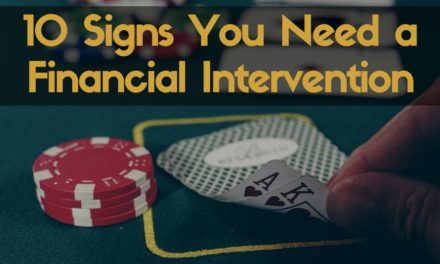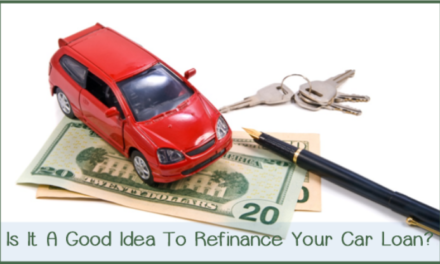Every day we make decisions using our money beliefs as a guiding light. Unfortunately, some of those beliefs may be incorrect. So today, we would like to debunk three myths about money that people encounter on a regular basis.
I Need $1 Million to Retire
Everyone needs to take the time to figure out when they would like to retire and what they plan to do in retirement. Too many people erroneously assume $1 million is the magical number they need to achieve. It’s entirely possible you are correct. Or it may be significantly less or significantly more. Why? Because it depends on what YOU want.
One thing I’ve noticed is people rely too heavily on what others tell them they need for retirement. Their neighbor, co-worker or the guy yelling the loudest on TV is who they follow without taking into consideration their own needs. Remember, this person isn’t you, and their vision of the perfect retirement may differ completely from yours.
Since I assume you want to live your dreams and not mine or theirs, please don’t assume what number is right for me is right for you. Instead figure out what you need and go from there.
Credit Cards Are Evil
Credit cards are a tool that we too often abuse. Somehow we adapted a mindset that credit cards are a natural extension of our salary.
They are not.
We don’t commonly think of credit cards as a loan, but that is essentially what they are. Because most people don’t think of it as borrowing, they don’t hesitate to buy things on credit that they typically wouldn’t consider taking out a loan for—such as clothes, gas or even groceries.
People get themselves into consumer debt and then blame credit cards. With all due respect, it wasn’t the credit card that got you into trouble.
You did.
Yes, credit card companies make it very easy and convenient for you to consume and live beyond your means. Remember, they are a business and their goal is to make money, but they didn’t force you to buy anything either. Credit cards are not evil; we just need to learn how to use them to our advantage, which doesn’t include funding a lifestyle beyond our means.
Enjoy the convenience credit cards offer and their reward programs as long as you use them responsibly and pay your bill in full every month. If you can’t, then you need to take a closer look at your spending habits and figure out how to break the cycle of overspending.
Some Debt is Good; Some Debt is Bad
I don’t believe in good debt or bad debt. I think it’s an oversimplification and a bit misleading. Good debt can turn bad if you overextend yourself for example. The better way to approach debt is to remember that all debt has risk. And the question you need to ask yourself is whether leveraging debt is worth the risk and return.
Viewing debt from a good/bad or right/wrong lens doesn’t give you the full picture and can make people fear debt. I don’t want you to fear debt as it puts money in the position of power, rather than you. I want you to respect debt, so you know when to avoid it and when to carefully enter into it.
Mortgages often fall into the category of “good” debt. Very few people can outright purchase a home in cash, which often necessitates taking out a loan. But categorizing mortgages as good debt inherently implies that it’s a smart financial move. And it absolutely can be, except when it’s not.
For most of us, a mortgage will be our largest loan and should not be entered into lightly. A common mistake is people buy more home than they can truly afford and live the life they want. While they may be able to afford their monthly mortgage payments, they have little money for anything besides bills. Hobbies and fun are set aside, unless they choose to fund those activities on their credit cards, which leads to more debt.
Good debt gone bad.
All debt has risk because there is always the potential you could default. Is home ownership worth the risk? For many people the answer is yes. Fantastic!
Now it’s time to consider all the other things in life you enjoy, so you buy the home you can afford AND still have money to do other things that matter to you.
Other considerations include: How long will you live there? What’s your contingency plan if someone loses their job, becomes disabled or dies prematurely? These are just a sampling of questions you need to answer, so you can make an informed decision on how much debt you can comfortably leverage.





